Khairat Dima, a fourth-generation South African Indian, says his grocery store in Durban city center was completely looted in the recent violence.
"The thieves emptied my shop and looted before they left".
The rescue regretted that "many people lost merchandise from their stores."
Many of those whose shops were looted or burned or whose houses were burned were wealthy people of Indian origin, making the community feel like a victim of violence.
Videos and images of violence in South Africa have flooded social media in the past, showing people looting or burning shops, malls, houses, and trucks.
Now the period of violence has lessened, as some 25,000 soldiers have been deployed in the affected areas who have controlled the violence, but there is still fear among people of Indian origin.
Shamin Thakur-Rajbansi of the Minority Front Party is an elected member of the Legislative Assembly of the KwaZulu-Natal province of South Africa. he said: "I can tell you that right now all communities are living in fear. Obviously, when the violence was at its peak, there was a lot of fear in the Indian community because it is a natural phenomenon."
The center of this violence was the coastal city of Durban in KwaZulu-Natal. This is the city of Durban where Mahatma Gandhi of India came from in 1893. Later, Gandhi set up his ashram in the nearby city of Phoenix, which has been badly affected by recent violence. Most of the people of Indian origin outside of India live in one city, so that is Durban.
After the arrest of former President Jacob Zuma, 117 people were also killed in the violence that broke out in several cities in South Africa.
How much harm did people of Indian origin suffer?
People of Indian origin make up only two and a half percent of the country's population, but most of them are in business and wealthy.
The extent of the damage done to them has yet to be fully determined, but looting and looting have broken the economic backing of the community.
Lubna Nadvi, an educational and political analyst in Durban, told: "In the apartheid era, some Indian municipalities were established. In some Indian municipalities like Phoenix, the damage that has occurred has been to the Indian people because in most of them there Indians live, but there are large industrial and economic areas where everyone has suffered. "
An Indian company called Registration Brothers has five branches, of which four were looted. His owner told the media that he saw one of his stores robbed and completely collapsed on live television. After this, the stores near their relatives were looted and burned.
Shamin Thakur-Rajbansi, a lawmaker of Indian origin, says: "The picture is that businesses were indiscriminately targeted and many businesses and houses were targeted in the East Indian regions."
According to Lubna Nadvi, there was no food available in the house for a few days as food supply trucks caught fire and small bakery shops were also destroyed.
Were the Indians the target?
The general opinion is that all the communities were affected by the violence in the first days, but in the subsequent attacks, the properties of the indigenous people were attacked. Shamin Thakur-Rajbansi seems to agree, "Initially there were no direct attacks on the Indian community. But an atmosphere of lawlessness spread to residential areas, thus creating racial tensions, although there was no racial tension before."
Lubna Nadvi believes that the Indian community was not deliberately targeted. "This attack was against the government of the African National Congress (ANC) here, it was violence against President Cyril Ramaphosa."
South Africa is said to be a rainbow nation where people from many communities and ethnicities live. After getting out of jail, Nelson Mandela insisted on living in peace and reconciliation. South Africa first became a democracy in 1994, and since then efforts have been made to make all communities inhabited by mixed populations and mixed neighborhoods. Much success has been achieved in this, but the national integration mission has not yet been completed.
People of Indian origin make up only 2.5 percent of the population. The number of white people is nine percent. The leaders of this race ruled South Africa for decades. 80 percent of the local black people live in this country. But blacks in South Africa allege that they were discriminated against by people of Indian origin still racially.
Serious accusations against indigenous people
The relations of the Indian community with the black race are generally good, but internally, social tensions between the two communities have been going on for years, once manifested in the violence of 1949 and the second time during the violence of 1985. But then South Africa was under the governments of leaders of the apartheid white race.
In 1994, South Africa became a democratic country under the leadership of Nelson Mandela, who emphasized fostering harmony with all communities. But the violence that is happening today has never happened in the last 25 years.
The common belief among blacks is that Indians are racist. Czwe Biko, a journalist from the city of Soweto, near Johannesburg, says that racial tensions are a time bomb.
In a conversation with Soweto, he said: "They (of Indian origin) say they are black when they have a political advantage and when they need to be counted with the white race, they easily turn against us. Huh."
Biko has many friends of Indian origin and insists that he is not against the indigenous community, but according to him the truth is that "he considers himself somewhat superior to us and equal to the whites."
Biko is unsurprised by the actions of persons of Indian ancestry, as he states: "Even worse is how they treat one other behind closed doors as a result of the PAYGO system. This approach does not surprise us."
Discrimination exists in all communities, according to Shamin Thakur-Rajbansi. "We must embrace the reality that there is a real perspective of Indians within the black race, but there is also a belief among Indians that blacks are racists. But, believe it or not, racism exists in all communities."
She continues, " "There has always been tension between communities, as evidenced by the events of 1949 and 1985, but keep in mind that these episodes occurred during oppressive regimes. We are now a democracy. Following the establishment of democracy, the indigenous and African communities have lived in peace and harmony for the past 27 years."
Only a few people in the Indian community, according to Lubna Nadvi, are racist. "There will be racists in the Indian community, just as there will be racists in any society, as there will be people who believe they are better than others and want to make others look down on them, but the majority of the Indians living here are South Africans alongside other groups."
She put the blame on the apartheid regime. "The problem is that racism has separated diverse populations. The prejudiced administration attempted to incite conflict amongst different ethnic groups."
Many of these films were shared on social media during the recent violence, depicting people of Indian descent firing at robbers, the majority of whom were black. The Indians were also accused of opening fire by South African publications.
Statements from leaders of the black race in South Africa continue to pour in in response to the attacks. Julius Selo Malema is a well-known young politician and member of parliament who launched the Economic Freedom Fighters political party in 2013. "I want to talk about a single case in Phoenix when the Indians were killing our people," he declared in one of his tweets. The cops must locate such individuals because we have no choice but to find them. The sooner they do. That, the better. "
"Don't despise those Indians and whites shot to death," a young guy called Abednego tweeted, "but we must ask ourselves why black people don't have huge guns."
The risk of severing social ties
South Africa's key problems, according to many commentators, are corruption, unemployment, and economically unequal society. The African National Congress (ANC) has been in power since South Africa became a democracy, but its economic policies have failed, and the party has become a victim of factionalism.
In an essay, Feriel Hafaji, associate editor of the Daily Maverick, stated that the violence was designed to further harm an already poor economy, so damaging President Ramaphosa's government. The factionalist ANC, according to experts, is divided into two main groupings.
One is led by President Ramaphosa, who is progressively rebuilding government institutions and accountability, according to his supporters, following a decade of alleged corruption and plundering under Jacob Zuma's administration. Former President Zuma is supported by the other camp, which is completely devoted to him.
Corruption and the Indian Gupta brothers' role
Jacob Zuma, the former president of South Africa, is currently serving a 15-month prison sentence for corruption. He was connected to the Indian brothers Gupta, who traveled from India to South Africa to conduct business.
During an investigation, In addition to the ongoing investigation, it is being examined whether he benefited three Indian Gupta brothers in his firm.
Atul Gupta, Ajay Gupta, and Rajesh Gupta are the names of these three brothers. The charge leveled against Zuma is that he permitted the three brothers to plunder public assets and sway government policy. These charges have been refuted by Zuma and the Gupta brothers.
In 2018, Jacob Zuma was forced to resign, and an investigation was initiated into his conduct. The Gupta brothers, meanwhile, had fled South Africa. Their names appear in a number of ongoing cases in South African courts, and the police are on the lookout for him.
Many people believe that the general public's rage at the Gupta brothers has been directed at Indians. In the 1990s, the Gupta brothers relocated to South Africa from Saharanpur, Uttar Pradesh.


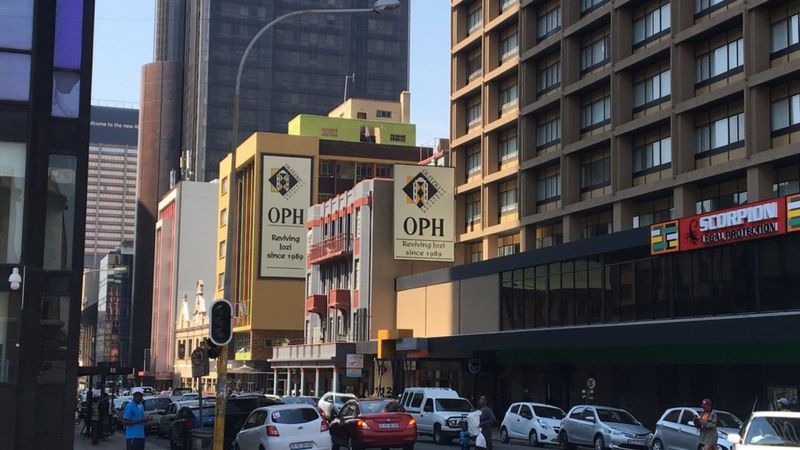
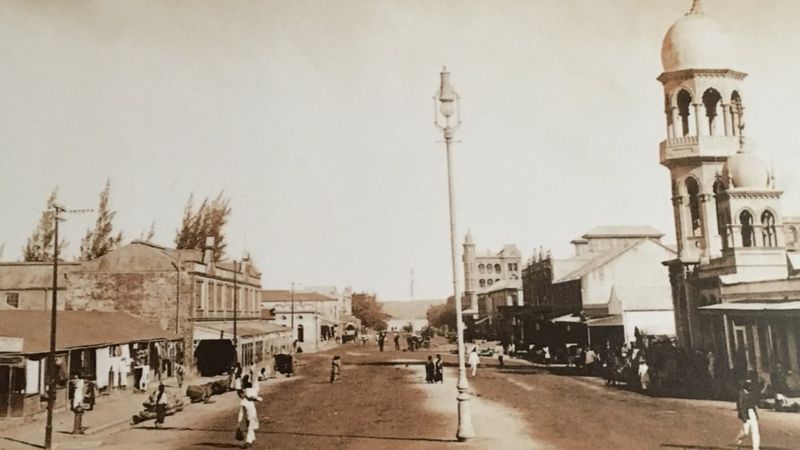
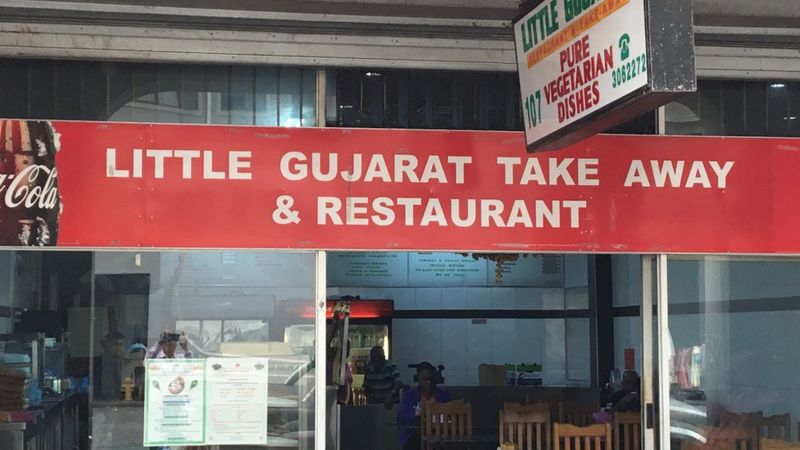
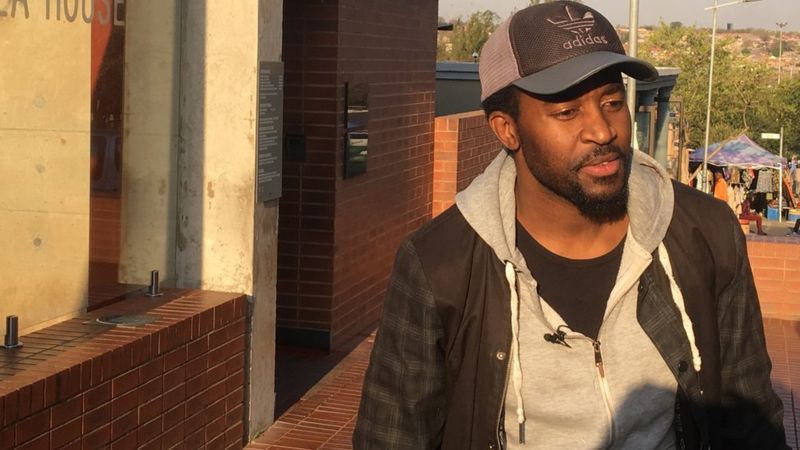
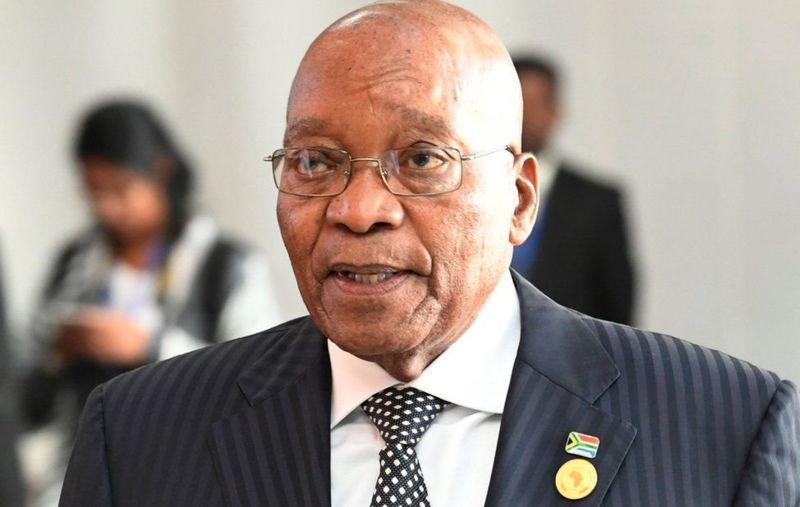



0 Comments
If you have any query, please let me know